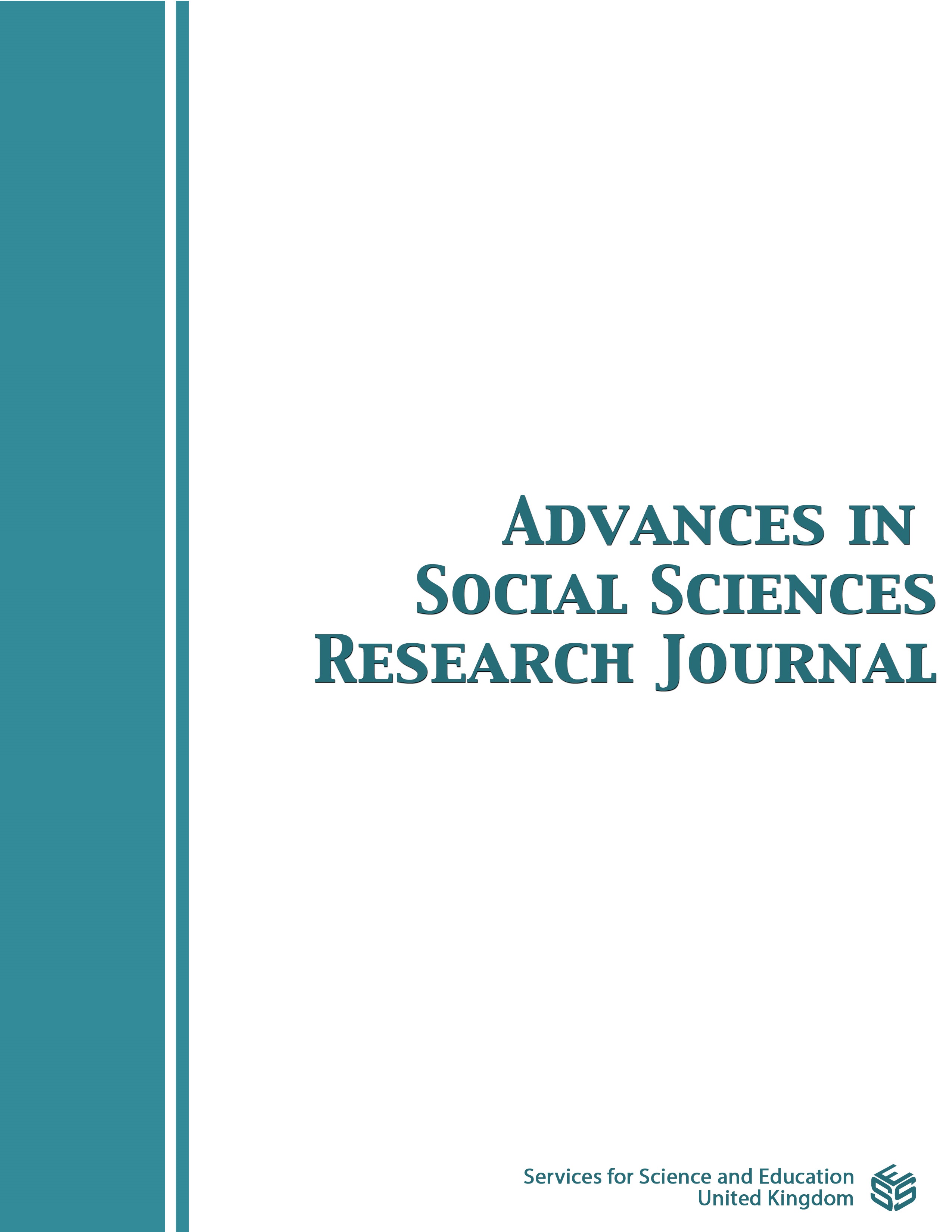The Impact of Remittances on Economic Growth in a Remittance Receiving Country
DOI:
https://doi.org/10.14738/assrj.1202.18251Keywords:
Economic Growth, Remittances, Financial Development, ARDL bounds testing, SDGAbstract
The study is to examine the impact of remittances on economic growth, in particular how the development of domestic financial sector influences a country’s capacity to take advantage of remittances. Bangladesh’s remittances, specifically inflows, are an important source of income support and economic growth. Employing ARDL model on a dataset of 46 years from 1976 to 2021, this study finds that remittances boost growth in Bangladesh with developed financial systems. The study also finds that capital formation is positively associated with economic growth in the long run while remittance is negatively influencing economic growth. Thus, policies should focus on developing the financial system, reducing the cost of remitting and encouraging migrants to send remittances using formal channels.
Downloads
Published
How to Cite
Issue
Section
License
Copyright (c) 2025 Md. Shahadat Hossain, Prof. Dr. Lee Chin, Prof. Dr. Rusmawati Said, Prof. Dr. Suryati Binti Ishak

This work is licensed under a Creative Commons Attribution 4.0 International License.
Authors wishing to include figures, tables, or text passages that have already been published elsewhere are required to obtain permission from the copyright owner(s) for both the print and online format and to include evidence that such permission has been granted when submitting their papers. Any material received without such evidence will be assumed to originate from the authors.






